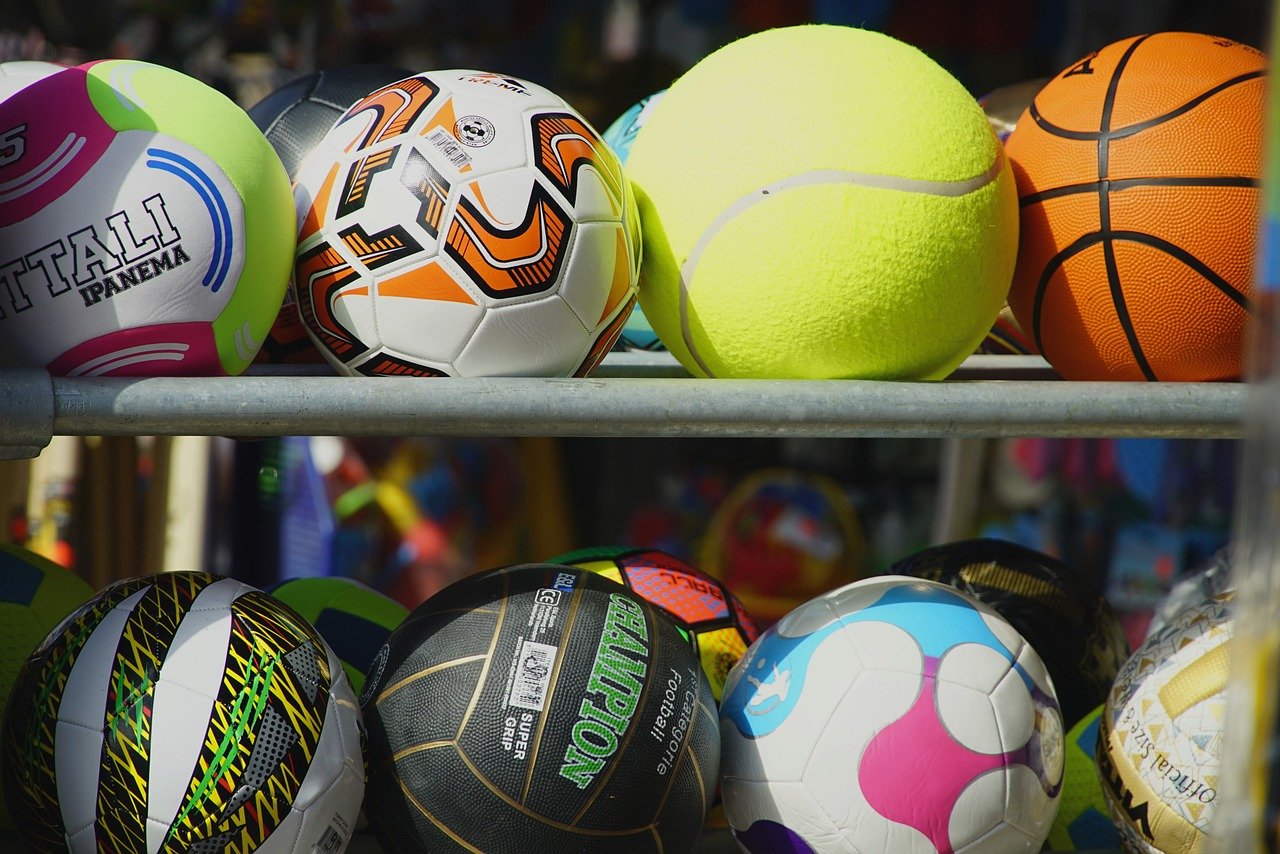Sunflower seeds are a tasty snack enjoyed by many for their nutty flavor and crunch. But if you’ve ever bought a bag of sunflower seeds or harvested them from your own garden, you may have noticed not all sunflower seeds are the same size. Let’s get into the factors that contribute to the size differences in sunflower seeds.
1. Genetic Diversity
Sunflower seeds come from different sunflower plants, each with its own genetic makeup. There are multiple species and hybrids of sunflowers and each one can produce seeds of different sizes. Breeders develop sunflower varieties for specific purposes like oil production, snacking, or bird feed. This means the seeds can be small or large depending on the plant’s genetic characteristics.
2. Environmental Factors
The environment in which sunflowers are grown also plays a big role in seed development. Several environmental factors can affect the size of sunflower seeds:
- Soil: Nutrient rich soil provides the necessary elements for sunflower growth. Poor soil can produce smaller seeds due to a lack of nutrients.
- Water: Sunflowers need water throughout their growth cycle. Not enough water can stress the plant and produce smaller seeds.
- Sun: Sunflowers love full sun. Not enough sun can hinder their growth and seed development and produce smaller seeds.
- Temperature: Optimal temperature promotes healthy growth and seed formation. Extreme temperatures, too hot or too cold, can affect seed size.
3. Plant Health and Care
The health and care of the sunflower plants themselves is important for seed development. Factors like disease, pest infestation, and overall plant vigor can affect seed size. Healthy plants that are well cared for and are stress free tend to produce larger seeds.
4. Pollination
Sunflower plants rely on pollination to produce seeds. The effectiveness of pollination can affect seed size. Poor or incomplete pollination can produce underdeveloped or smaller seeds. Good pollinator activity, like bees visiting the flowers, ensures better pollination and bigger seeds.
5. Harvest Timing
Harvest timing also affects seed size. If sunflowers are harvested too early the seeds may not have had time to fully develop and will be smaller. If you let sunflowers mature fully on the plant before harvesting you’ll get bigger seeds.
6. Varietal Purpose
Different sunflower varieties are grown for specific purposes which can affect seed size. For example:
- Oilseed Sunflowers: These varieties are bred for oil production and produce smaller seeds with higher oil content.
- Confectionery Sunflowers: These are grown for snacking and produce larger seeds with lower oil content.
- Bird Feed Sunflowers: Varieties grown for bird feed can vary in seed size but are generally smaller than those grown for human consumption.
The Verdict
Sunflower seed size is a result of genetic, environmental, and cultivation factors. Knowing these can help you optimize your sunflower crop for the size and quality of seed you want. Whether you’re snacking on sunflower seeds, cooking with them, or feeding them to birds, enjoying the variety in seed size is part of the fun of this wonderful and nutritious seed!




Leave a comment
This site is protected by hCaptcha and the hCaptcha Privacy Policy and Terms of Service apply.